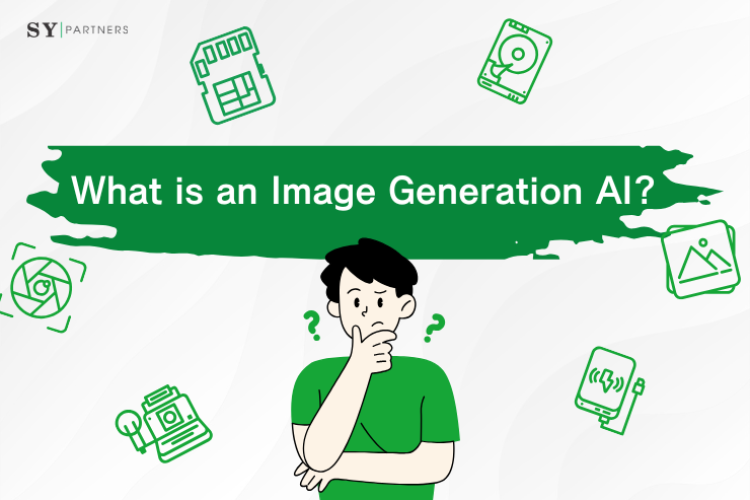Notice of Year-End and New Year Holidays 2026
Dear Valued Customers and Partners,
SY Partners would like to inform you of our New Year Holiday schedule for 2026 as follows:
- Holiday: Thursday, January 1, 2026
- Back to work: Friday, January 2, 2026
During the holiday period, our platform will continue to operate normally. Non-urgent support requests will be handled after the holiday. We sincerely thank you for your trust and continued support throughout the past year.
SY Partners wishes you and your partners a healthy, prosperous, and successful New Year 2026.
Happy New Year!


 EN
EN JP
JP KR
KR

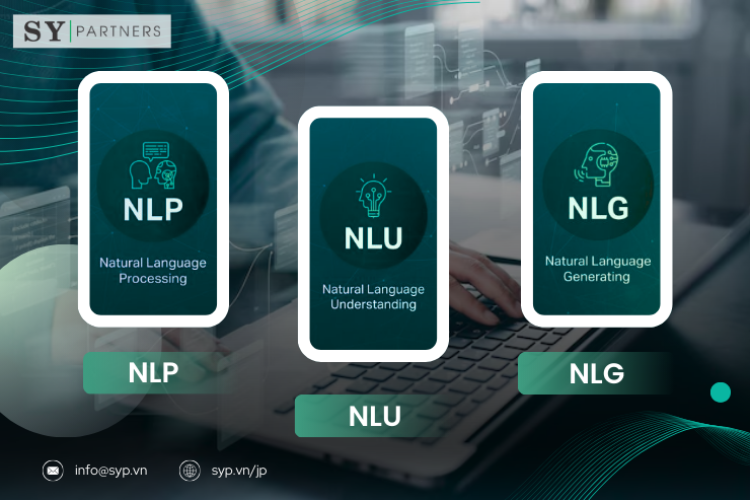
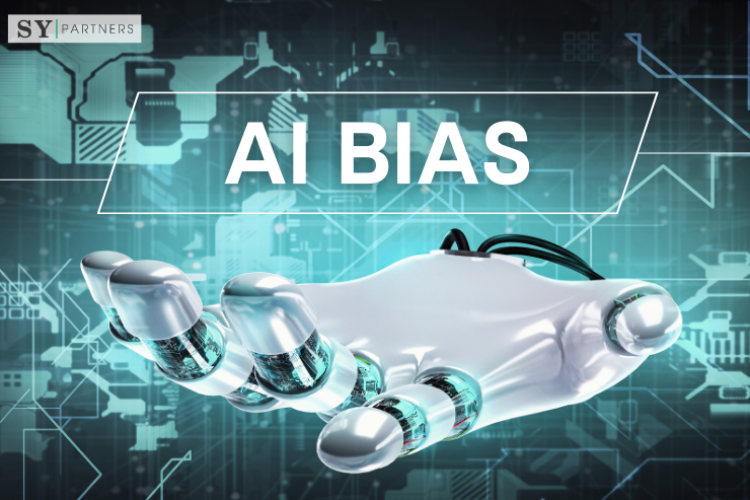
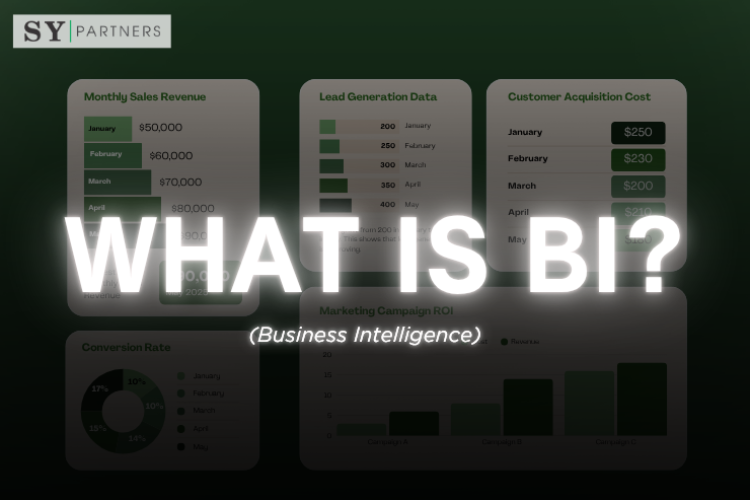
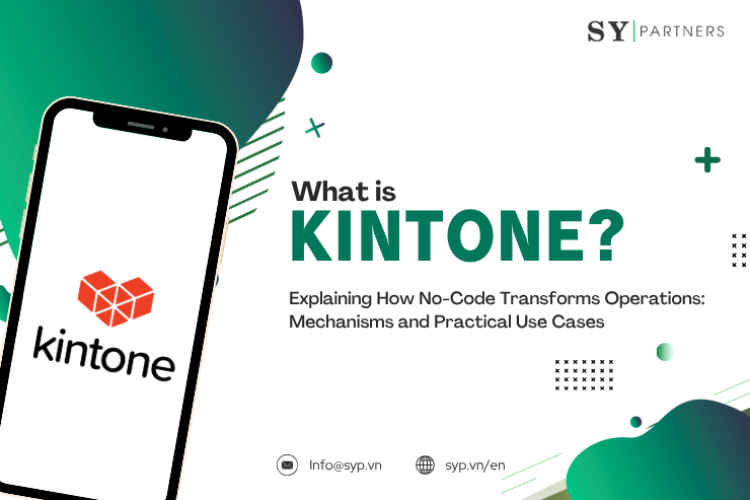
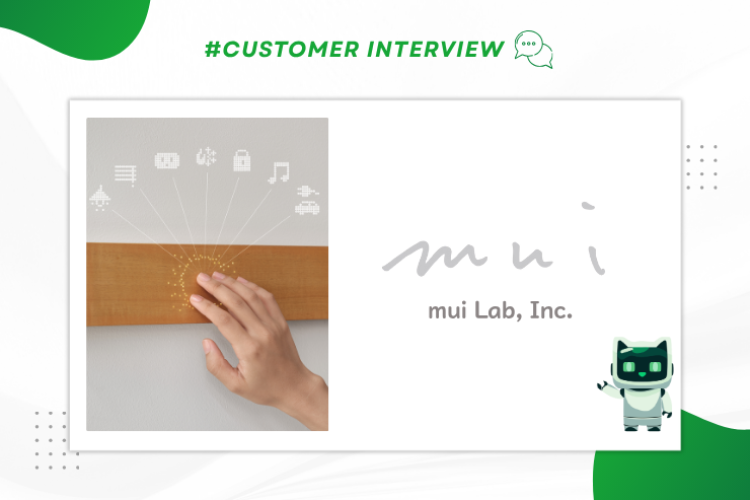
![[Customer Interview] Mr. Kimihiko Asabe, Nomura Research Institute (NRI)](/sites/default/files/styles/medium/public/customer-interview/%5BCustomer%20Interview%5D%20Mr.%20Kimihiko%20Asabe%2C%20Nomura%20Research%20Institute%20%28NRI%29.png?itok=iaUDpIfs)
